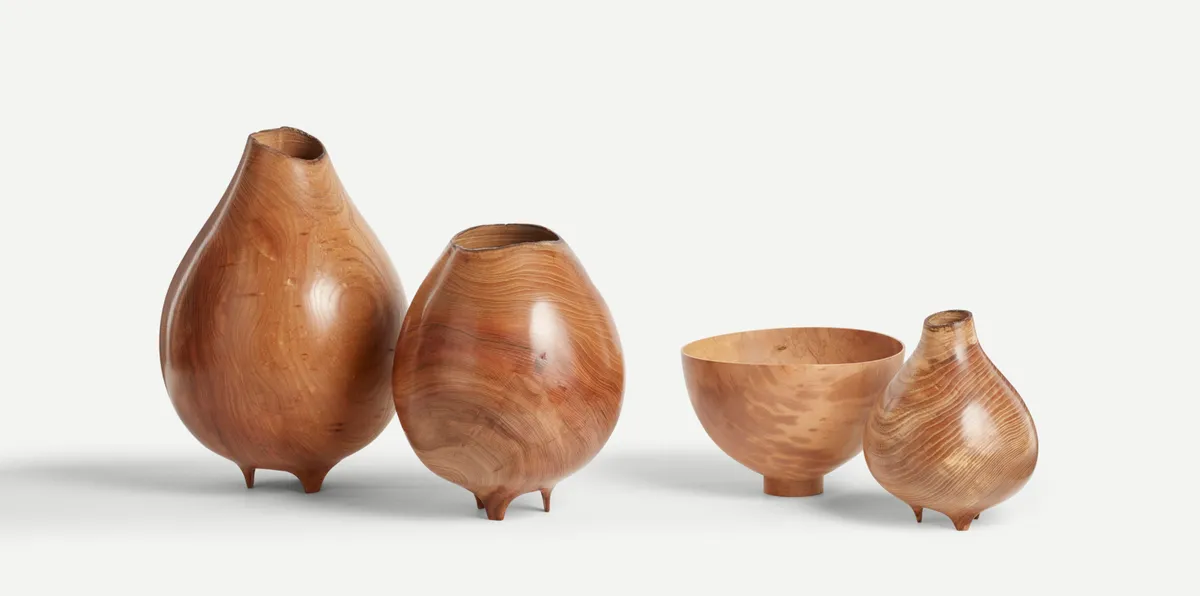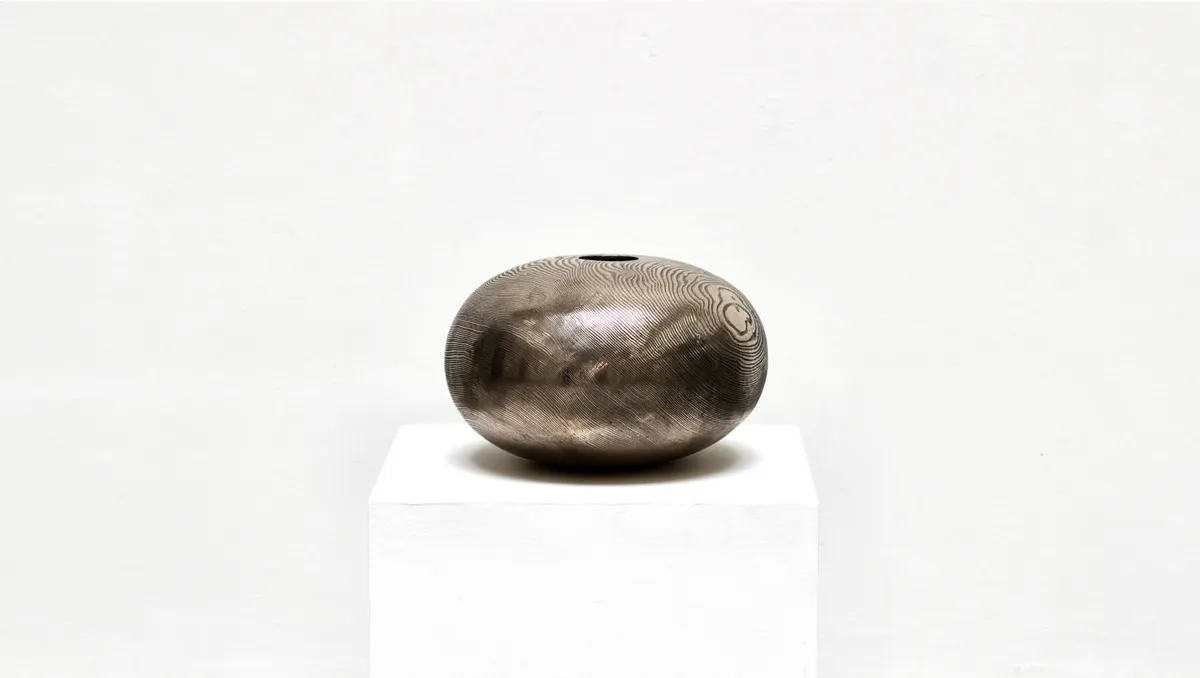Alex deVol, creator of Wooden + Woven, makes 100% handmade, functional and long-lasting utensils.
Since graduating from Cape Town's Michaelis School of Fine Art, Alex's craftsmanship has featured at more than 10 renowned exhibitions, including the London Design Festival. His work is now stocked by the likes of Mr Porter and the Conran Shop in Chelsea, London.
You’ve previously designed menswear. What led you from this into working with wood and is there an overlap?
I think the two are quite separate, although my experience in fashion has informed me a lot and given me tools I continue to find useful. I left menswear because my various moral objections to commercial fast fashion had developed into loathing, so when I sold my business I took that as an opportunity to cut ties. Making clothes had been quite accidental as I was given an opportunity while I’d been working as a product designer and that developed into a short career, but working with wood dates back to school. Wood is a material I fell in love with by choice not circumstance.

Can you tell us about your company Wooden & Woven?
The name is from a great adoration for domestic, functional objects. It’s a small part of what I do; most of my work is sculptural and largely driven by material and process, but the collections are mainly informed by the beauty in modest, everyday goods that we often overlook.
Do you still follow fashion trends and, if so, how does this influence your aesthetic?
Trend drives everything these days, from clothes, furniture, photography, food and lifestyles. Most of us are quite passive to what changes around us and just move with it. When you are designing products 18 months ahead you teach yourself to be more analytical of how these aesthetics and behaviours change and look for pattern. It’s not really something you unlearn and since I still work in design to a degree it’s still relevant. These days I tend to keep one eye on trends as something to avoid because I want the things I make to be timeless and, if they succeed aesthetically because they look ‘on point’, then I’ve failed.
How do you choose the woods you work with and do you use trial and error?
Trial and error is a big part of my day. I’m currently working with lots of materials including wood, metal, ceramic, gypsum and glass and each one is an ongoing learning process. Every product I make is informed by wood or trees, for example I’m casting glass with wood grain, making ceramic glazes from wood ash and patinating bronze sculptures of bark-edged vessels with metal nitrates and wood shavings and most of these processes are unconventional and sometimes the antithesis of how that material is traditionally used.

Your Instagram feed features beautiful photography of your designs but also lovely landscapes. Does spending time outdoors help your creativity?
Yes, I live fairly rural now so that I’m able to be outdoors. It does help the imagination; standing on a mountaintop or by a river isn’t necessarily going to give anyone a eureka moment but I think it’s variety that’s most promoting of creativity.

How do you think quality craftsmanship will retain its appeal while technology keeps pushing boundaries?
I’m all for technology; it can be good quality craftsmanship. If automation and machine production is turning out long-lasting, well-made products then I’m its biggest advocate. My issue with mass production is that it’s largely used as an irresponsible means of cheap manufacture for products with short lifespan. However, in terms of hand craft? I’ve seen a lot of traditional craft and new digital processes being married together recently and I think it’s wonderful. Some things are born of simple process though and don’t need to be complicated, so I think hand craft will always have relevance.
Some people are very romantic about it and so, for this among other reasons, there are some things I just don’t see dying off. I’m one of them as I like to marvel at a well-thrown piece of pottery. I wouldn’t necessarily say that being handmade makes it ‘better’ than if the same thing were made by automated process though, just different.
Words by Emma Foale
